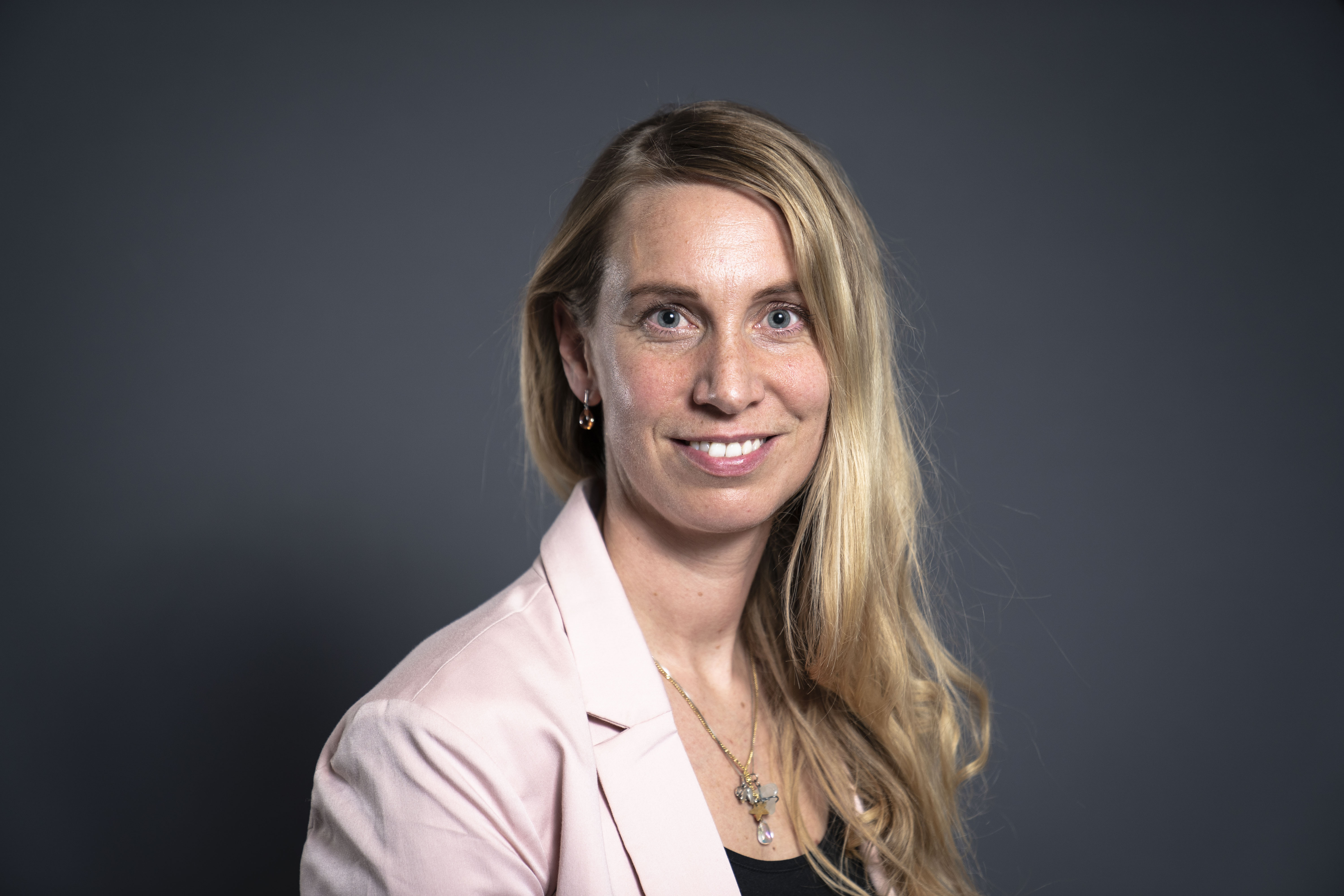Lykke Sylow
Research leader

Project title
Harnessing mitochondrial adaptations to exercise to promote functional restoration of muscle in cancer (HERCULES)
What is your project about?
We will explore how exercise strengthens our muscles and makes us healthier. Skeletal muscle function is important for our health and for us to be able to move. Unfortunately, many diseases, including cancer, is associated with impaired muscle function. One possible mechanism for impaired muscle function may be impaired mitochondrial function. Mitochondria are small power plants in our cells that produce energy and thereby maintain the functions of our muscles. Mitochondrial function and mass are improved by regular exercise, which also increases muscle mass and muscle strength. However, it is often difficult for patients with cancer to exercise. With this project, we will identify new molecules that could cause loss of muscle mass in patients with cancer. We will also identify novel molecular signals with which exercise improves muscle mitochondrial function.
How did you become interested in your particular field of research?
I was originally interested in the performance-enhancing effects of exercise in my earlier years as an elite volleyball player. I was injured and realized that I was feeling both mentally and physically unwell from not exercising, so I started researching the impact of exercise on our health. I found overwhelming evidence for the beneficial health effects of exercise, but I found the amount of studies exploring the molecular changes in our body with which exercise could produce these health benefits, to be rather underwhelmed. So inspired by exercises health benefits, I decided to study the molecular changes by which exercise might benefit our health. Since skeletal muscles are so important to our health, it was pertinent to me to examine these.
What are the scientific challenges and perspectives in your project?
Up to 80% of all people who get cancer show reduced muscle mass and strength, which leads to an increased risk of dying from cancer and reduced treatment tolerance. The mitochondria of the muscles deteriorate if we get cancer, but we do not know much about this. Research suggests that the deterioration of mitochondria contributes to the loss of muscle mass and strength in patients with cancer. Mitochondrial function and volume is improved by regular exercise and if we could identify the molecules that control the mitochondrial function of our muscles, we might be able to treat the weakening of the muscles in patients with cancer.
What is your estimate of the impact, which your project may have to society in the long term?
Knowledge from this project can possibly help to develop new treatments that stimulate the same processes in muscles as exercise does. Such treatments could have beneficial effects on cancer patients, who have limited ability to exercise. If we could add improved muscle function to the treatment options for cancer, this would have a major impact on the individual's survival and quality of life. This could mean a lesser disease burden for society and mean that patients with cancer can, to a greater extent, maintain their important societal and life functions, such as maintaining a job, caring for grandchildren, etc.
Which impact do you expect the Sapere Aude programme will have on your career as a researcher?
The Sapere Aude program will allow me to generate warranted knowledge about the overlooked, but important role of skeletal muscle in the treatment of cancer. I think there is a huge inspiration to be gained if we can understand the mechanisms behind the beneficial effects of exercise on our health. I will be able to start aninternational collaboration to develop new methods that can help us gain an in-depth understanding of how physical activity benefits our mitochondria and health. It will also mean that I can plan my research more long-term and focus on my research area, my research group, strengthen my research profile and my development as a research leader.
Background and personal life
I grew up in Birkerød and now I live in Lyngby with my partner Nis and our two lovely girls of 4 and 1 years. I spend most of my free time with my family. A couple of times a week, I also play beach volleyball and on a good week, I also get to see some friends or go for a ride in the forest on my MTB.
View all research leaders here
Research institution
University of Copenhagen, SCIENCE, Department of Nutrition, Exercise and Sports
Research field
Exercise, skeletal muscle, metabolism, cancer
City of your current residence
Lyngby
High school
Birkerød Gymnasium
